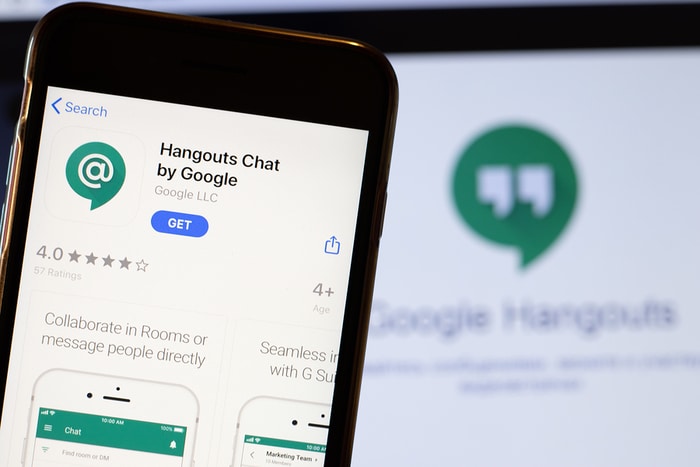Google has rebranded Hangouts Chat to Google Chat. The company has also extended free access to premium features on Google Meet to September 30. With the change of name of Hangouts Chat to Google Chat, Hangouts Meet is now also Google Meet. Customers using Google’s enterprise G-Suite will now see Google Chat and Google Meet on their application offerings.
Free consumers using the classic version of Hangouts will continue to see the Hangouts brand while those on paid subscriptions to G-Suite will see the name change to Google Chat. Google’s chat software started as Google Talk (GTalk), then renamed Google+ and then Hangouts before transitioning to Google Chat on G-Suite.
Meanwhile, free users will still continue to gain access to the premium features of Google Meet till September 30 when only paid subscribers will be able to use them. Free access to the premium video conferencing tool is extended from July 1 to September 30 for organizations and schools. Up to 250 people can join a live call and also record or save calls, while the system can provide live stream support for up to 100,000 viewers at the same time.
Google’s CEO Sundar Pichai made the announcement on Twitter when he stated that his company is now supporting over two million new users each day on Google Meet.
“We’re now supporting 2M+ new users on Google Meet each day, and 100M students+educators on Google Classroom,” Pichai tweeted. “To help businesses and schools stay connected, we’ve extended free access to advanced features of Meet to all for G-Suite customers through September 30, 2020.”
Google’s decision to extend free access to its premium video package at this time will chip away at Zoom’s dominance in the market during this coronavirus lockdown. Many countries have banned the use of Zoom, with Singapore being the latest country to prohibit usage of the video calling app, out of security and privacy concerns. US federal investigators have also called for caution in using the app, saying it is best to switch to Microsoft Team and Google Meet.
Source: theverge.com


